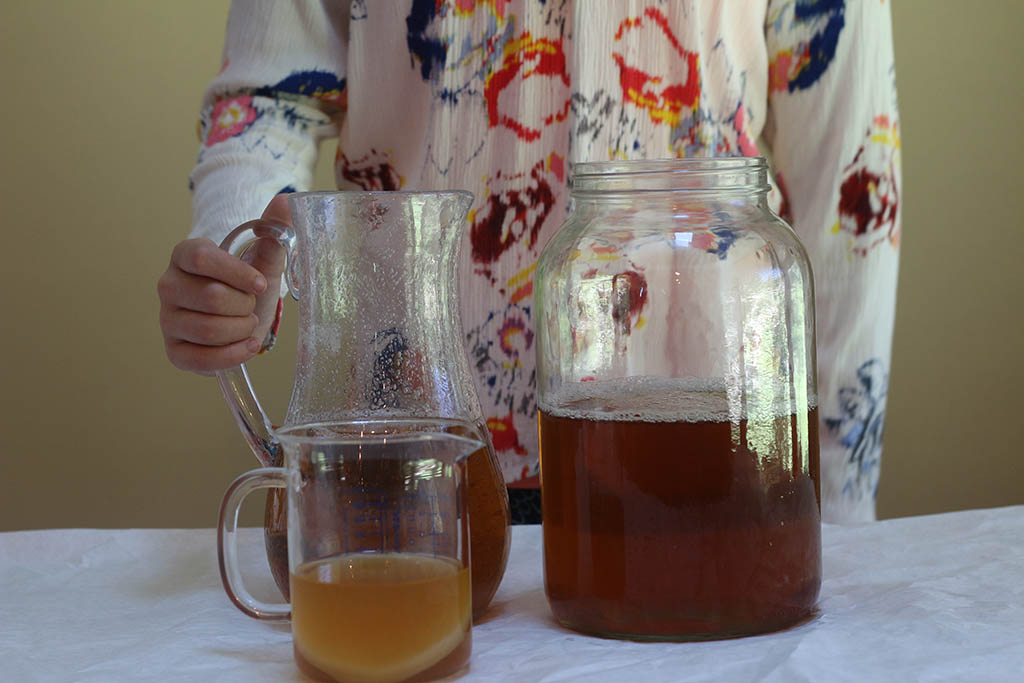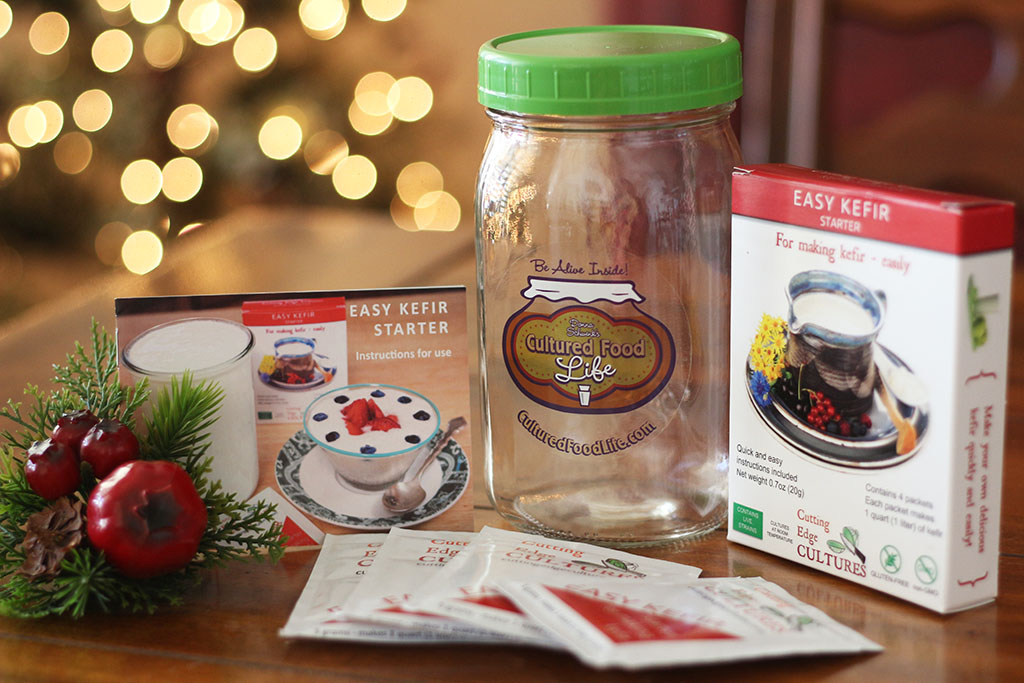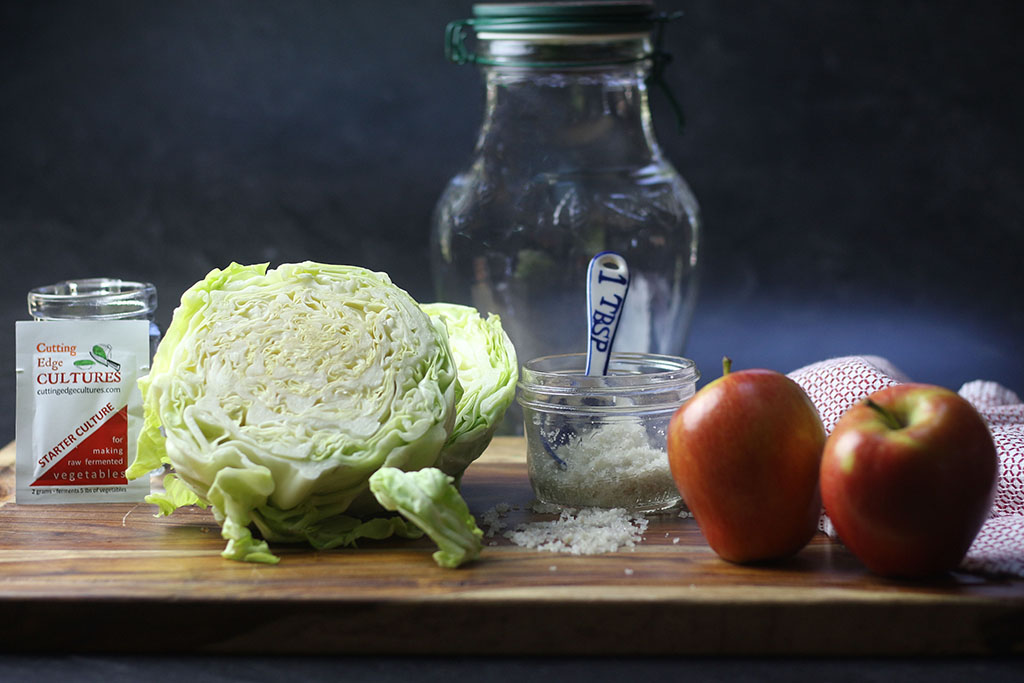
Symptoms of an Unbalanced Gut
An Unbalanced Gut

If your gut bacteria were a city, they're would be more than one-hundred trillion residents living inside you!
Symptoms And Signs Of An Unbalanced Gut
Some Of The Obvious Signs

Do you have any of these symptoms?
- Constipation
- Excess intestinal gas
- Chronic diarrhea
- Hormonal disruptions
- Anxiety or depression
- Digestion problems
- Food cravings and addictions
Symptoms, Cravings, And Addictions

Penn Jillette, a famous magician, talks about this in his book and video. He was dangerously overweight and he reset his microbes by eating a mono diet (nothing but potatoes) Potatoes have a resistant starch in them that feeds the microbiome. He added potatoes so he could lose his detachment to food and then slowly started adding a lot of soups and greens, too. By doing this, he reset his microbes. There are different ways to do this, but he says now he doesn’t want any of those foods he used to love. Every two weeks he’ll eat whatever he wants and he just doesn’t want those foods he used to love anymore. He said it shocks him that it was so easy once he cleared out his microbiome.
I’ve found the same thing - you can change your microbes and after a little bit of time, you start craving the healthy foods in a powerful way.
Check out this article for more info.
Emotions
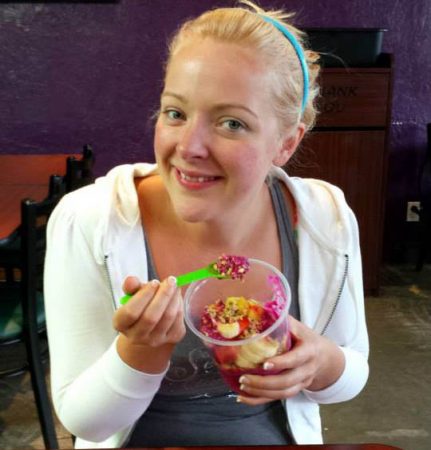
When we experience stress and anxiety, there is a release of stress hormones like adrenaline and norepinephrine. They circulate in the blood, make your heart beat faster, and cause sweaty palms. We are learning now that they also influence the behavior of the microbes in your gut because they have receptors for these chemicals. Psychology Professors Matthew Hilimire and Catherine Forestell recently joined with the University of Maryland to investigate a possible connection between fermented foods, which contain probiotics, and social anxiety. The researchers' gut feeling was right when they found that young adults who eat more fermented foods have fewer social anxiety symptoms with the effect being greatest among those at genetic risk for social anxiety disorder as measured by neuroticism. The journal Psychiatry Research accepted the study in April for publication in August.
I was reading a letter that was recently in the news from Robin Williams' wife talking about his struggle with dementia, and in it she said she traced the first signs of trouble to a celebration of their wedding anniversary, about ten months before her husband died, when “gut discomfort” made him fearful and anxious. That set off months of escalating problems. Gut discomfort is my first sign that something's wrong in my life. Too often, we don’t heed this nor connect it to our emotions, but caring for your gut and its microbes should be one of the first things you do when you sense your emotions are out of control. If you have begun to be more irritable, feel more anxious, or if it seems like you can’t concentrate, it could very well be an imbalance in your gut flora. Try making some minor adjustments to your diet and then note if your condition improves.
Check out this article for more info:
Constipation Or Diarrhea
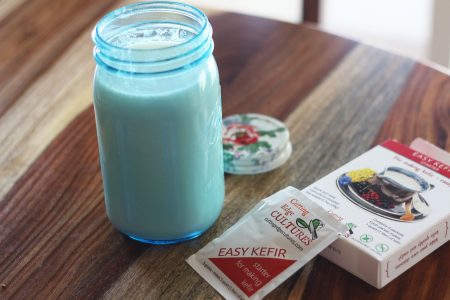
A study was done in Japan with mentally and physically handicapped residents of a nursing home who struggled with constipation. Glycerol Enema (GE) is used to treat constipation in these patients. The administration of GE not only causes mental and physical stresses to handicapped people but also causes physical damage to nurses. Kefir-fermented milk was ingested three times per day (total 6 g per day) for three months to see if it could prevent constipation. They found that four of the eleven participants showed improvement in bowel movements without the administration of GE. Although this study was carried out with a highly limited number of subjects, the results implicated that adding kefir to the daily diet of handicapped people might have benefit for constipation. Even though further studies are required, this study suggests that the oral intake of kefir would contribute to the reduction of the physical labor of nurses spending much time and effort in the administration of GE, and also contribute to an increase in the quality of life for handicapped people.1,2
A study in the Turkish Journal of Gastroenterology in 20143 studied two groups of patients. Twenty consecutive patients with functional constipation were divided into two groups based on their colon transit. 500 mL/day of fermented kefir beverage was administered to all patients for 4 weeks. The first group of ten had “normal transit” and the second had “slow transit" (constipation). The patients themselves kept daily records. At the end of the study, all the patients showed an increased stool frequency.
The Results:
- Stool frequency increased
- Stool consistency improved
- Colonic transit time improved
- Bowel satisfaction scores improved
- Laxative use decreased
Diarrhea

The Healing Crisis
Now, something that can occur when you first start consuming kefir is called a Healing Crisis. This can sometimes be accompanied by constipation or diarrhea that is usually short-lived. When you first start ingesting cultured foods, the body is flooded with probiotics which want to kill pathogens. A lot of extra debris can accumulate in the colon as the body tries to shed all the waste of the die off. You'll need to have lots of water and fiber which will also help remove the unwanted debris.
Check out this article for more info:
Hormonal Problems
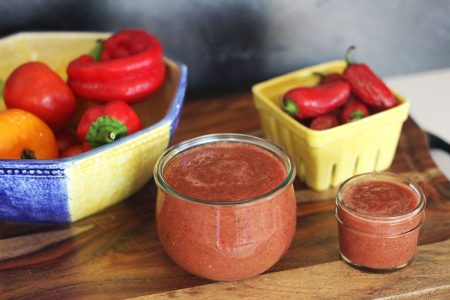
Hormones are broken down and detoxified in two ways in the body: first in the liver, and then in the colon. When the digestive tract is out of balance, your estrogens, especially, are not detoxed properly, leading to symptoms of estrogen dominance. The most important step you can take to support gastrointestinal function is to rebalance your gut flora – especially clearing out yeast. I have found this step to be the most profound in dealing with any hormonal imbalance – especially PMS.
Eating probiotic foods will help keep out pathogens, parasites, bacteria, and viruses, especially Gardnerella, Proteus, Chlamydia, Campylobacter, Neisseria, Treponema, and Salmonella. These are also the urinary tract bacteria that cause yeast infections and bladder infections. These infections are common when you are experiencing hormonal imbalance!
Check out this article for more info:
So How Do We Fix All Of This?
I started with kefir. Actually, it was powder packages of kefir that were pretty foolproof. Years later, I produced my own powder packages from flash-frozen kefir grains and called it Easy Kefir. I made my first batch of kefir in 24 hours and that's where I started. But you should pick the cultured food that most interests you. Is it kombucha? You can start with just buying it. There are a lot of good brands in the stores. If you'd like, I can teach you to make it and it's super fun. Maybe cultured veggies look good to you? You can buy some good lacto-fermented brands at most health food stores, but they're a cinch to make. A lot of people love water kefir and it's such a fun place to start if you want a bubbly, refreshing drink. All in all, you pick what most interests you and start with that. You have your own guidance, and your body knows what it needs, you just need to start checking in with it. I see this all the time and I watch people become believers in their body's ability to heal and make them well. When it happens to you, then you'll want to tell others. This is how it was always meant to be. I'm believing in your wellness - the journey is worth the effort. Just you wait and see.
Listen To My Podcast
Your gut bacteria can be one of your strongest allies in being healthy or it can be one of your worst enemies. It can send you signals through your emotions, food cravings, and stomach distress. Find out if your bacteria are out of balance and what you can do about it today!
References:
- https://www.omicsonline.org/open-access/prophylactic-effects-of-kefirfermented-milk-on-constipation-among-mentally-and-physically-handicapped-persons-2168-9776.1000126.php?aid=37868
- http://internationalprobiotics.org/kefir-fix-constipation/
- https://www.turkjgastroenterol.org/en/effects-of-a-kefir-supplement-on-symptoms-colonic-transit-and-bowel-satisfaction-score-in-patients-with-chronic-constipation-a-pilot-study-1622987
- Czerucka, T. Piche, and P. Rampal, “Review Article: Yeast as Probiotics—Saccharomyces boulardii,” Alimentary Pharmacology & Therapeutics 26, no. 6 (September 15, 2007): 767–78: abstract at www.ncbi.nlm.nih.gov/pubmed/17767461.
- H. Choi et al., “A Randomized, Double-blind, Placebo-controlled Multicenter Trial of Saccharomyces boulardii in Irritable Bowel Syndrome: Effect on Quality of Life,” Journal of Clinical Gastroenterology 45, no. 8 (September 2011): 679–83: abstract at www.ncbi.nlm.nih.gov/pubmed/21301358;
- S. Uhlen, F. Toursel, and F. Gottrand, Association Française de Pédiatrie Ambulatoire, “Treatment of Acute Diarrhea: Prescription Patterns by Private Practice Pediatricians,” Archives de Pédiatrie 11, no. 8 (August 2004): 903–7: abstract at http://www.ncbi.nlm.nih.gov/pubmed/15288079.
Are you on the list?
Sign up today and I'll send you my free Getting Started Guide!
Each week I'll send you updates, tips, recipes, and more! You might even be a winner of my weekly giveaway! (starter cultures, memberships, and more!)
Come be a part of my cultured food family!

